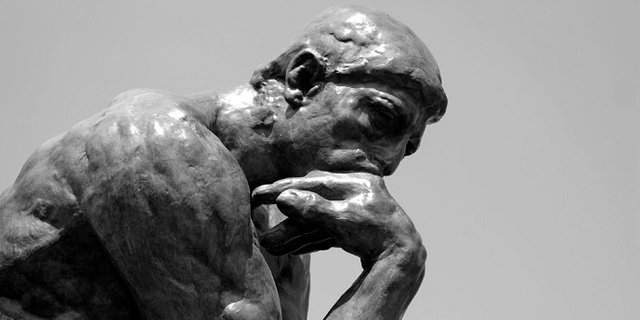Adam Smith's Social Philosophy
Adam Smith's Social Philosophy
Adam Smith (1723-1790), born in Scotland.
He examines the economic foundations of society.
Basic essay: "The Wealth of Nations".
Basic Ideas:
According to him, one has natural needs, instincts, passions - they are basic (hunger, thirst, attraction between the sexes, avoiding pain). In order to satisfy them, one is looking for a means - he is forced to seek out means and through his activity to satisfy his own selfish interests (because man by nature is selfish). Egoism can not be excluded, but only modeled (and this modeling is done through reason).
It is because a person is selfish, he is also social in nature (because of the basic need to approve or avoid disapproval).
Adam Smith's anthropological philosophy is a key point for man's inclination to exchange (exchange).
The third important thing in his theory is that human labor is the foundation of society and the engine of its development. Need can only be satisfied through labor.
Productive labor is central to public life.
The division of labor is the foundation of social ties in society. The need to make people "connect" makes them dependent.The propensity (the ability and necessity) to exchange is inherent only to man, but it is not the product of reason, but it is as if it were before it.The selfish interest causes a person to seek to profit for themselves. But to do this, he / she must interest another (others) to make the exchange (of benefits). Ie. exchange takes place on the basis of the selfish interests of both parties.
The division of labor determines both the general state of society and the diversity of individuals.
According to Adam Smith, the progress of society is determined by economic progress. The development of the social division of labor makes it possible to increase labor productivity and hence increase public wealth. Increasing labor productivity dynamises the increase (expansion) in the market. Expansion of the market expands the social ties between people.Changes in the economic system of society determine the stages in its development. Smith talks about four consecutive formations and sees the degrees of division of labor as grounds. First, in primitive society there is almost no division of labor. Second, the pastoral society, where the division of labor is still weak (but there is it). Third, the agricultural type (where the division is growing). And the fourth type - the international exchange in which the manufactory is based; international trade is developing, cities are formed.

This post has received a 5.35 % upvote from @boomerang.
To listen to the audio version of this article click on the play image.

Brought to you by @tts. If you find it useful please consider upvoting this reply.